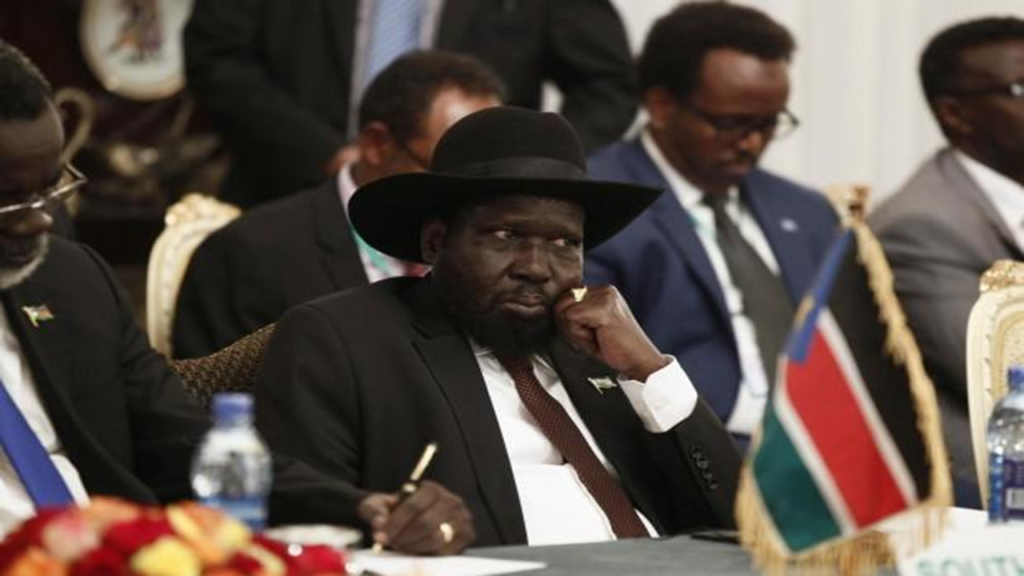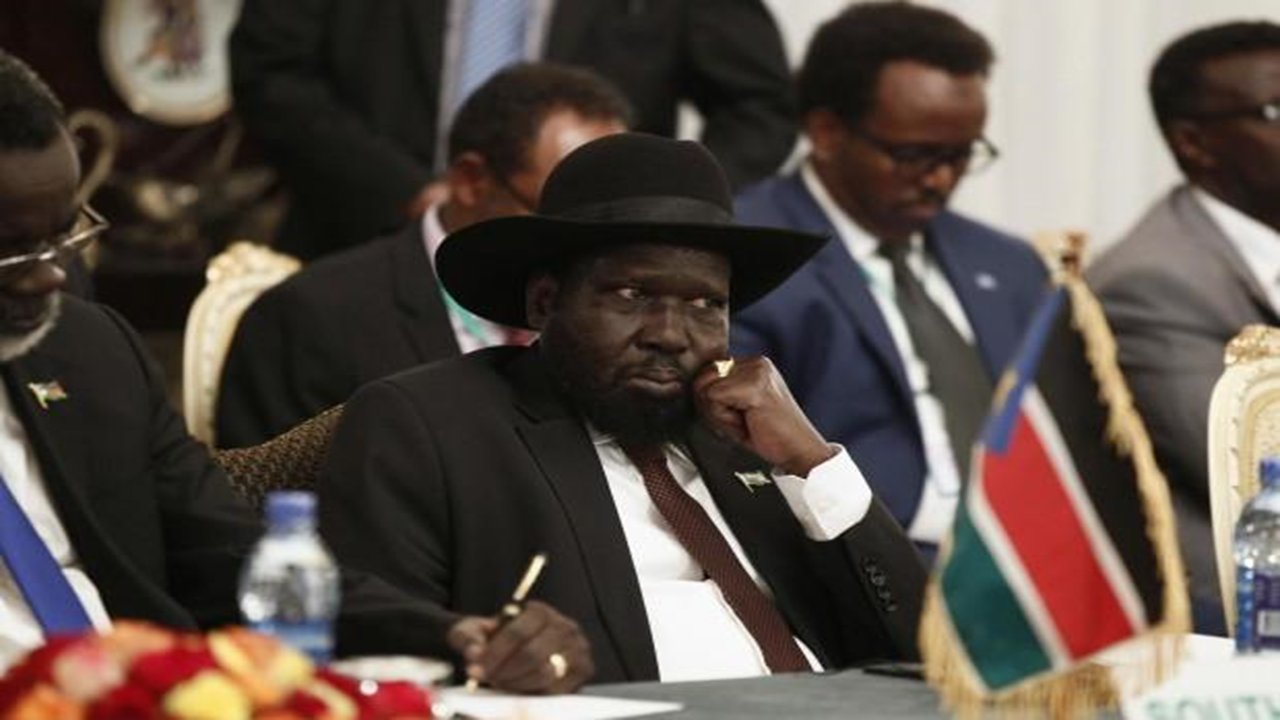
In a much-anticipated move, President Salva Kiir of South Sudan, the only leader the young nation has known since gaining independence from Sudan in 2011, has announced his candidacy for the 2024 presidential elections. The announcement was made during a gathering of his Sudan People’s Liberation Movement (SPLM) party, where he expressed appreciation for the support he has received.
Since its independence, South Sudan has been plagued by a series of crises, with a fragile government of national unity serving as the country’s only thread holding it together. The unity government was established following a peace agreement brokered between President Kiir and Vice President Riek Machar, who had been historical adversaries. However, the government has struggled to fulfill key provisions of the agreement, including the drafting of a constitution, casting doubt on the stability of the nation.
Originally scheduled for February 2023, the elections were postponed due to the government’s failure to meet critical clauses of the peace agreement. President Kiir assured party members that his administration is committed to implementing the remaining chapters of the agreement and that the elections will take place in December 2024.
While no other candidate has declared their candidacy thus far, observers anticipate that Vice President Riek Machar, who has been a long-standing rival of President Kiir, will likely run for president. Their enmity has been a defining feature of South Sudanese politics, and their partnership in the unity government has been tenuous at best.
Earlier this year, the two leaders extended their transitional government for an additional two years, beyond the originally scheduled date, citing challenges in implementing the peace agreement. President Kiir, however, expressed confidence that these difficulties would be resolved before the upcoming elections.
South Sudan, despite its significant oil reserves, remains one of the world’s poorest countries. With nearly half of its existence marred by war, the nation has faced numerous adversities, including floods, famine, renewed violence, and political instability. The promises of the 2018 peace agreement have been slow to materialize, exacerbating the struggles faced by its people.
The United Nations has consistently accused South Sudanese leaders of perpetuating violence, violating human rights, and mismanaging public finances. Nicholas Haysom, the UN’s special envoy to South Sudan, has emphasized the urgency of the situation, declaring 2023 as a “do-or-die” year for the nation. Haysom has called for inclusive and credible elections in 2024, highlighting the need for a peaceful transition of power and the fulfillment of the peace agreement’s objectives.
As South Sudan looks toward the 2024 elections, the nation stands at a critical juncture. The candidacy of President Salva Kiir, along with the expected candidacy of Vice President Riek Machar, sets the stage for a contentious electoral race. The international community will closely watch these developments, hoping for a peaceful and transparent election process that can bring stability to this troubled nation.
Click here to read the full story
